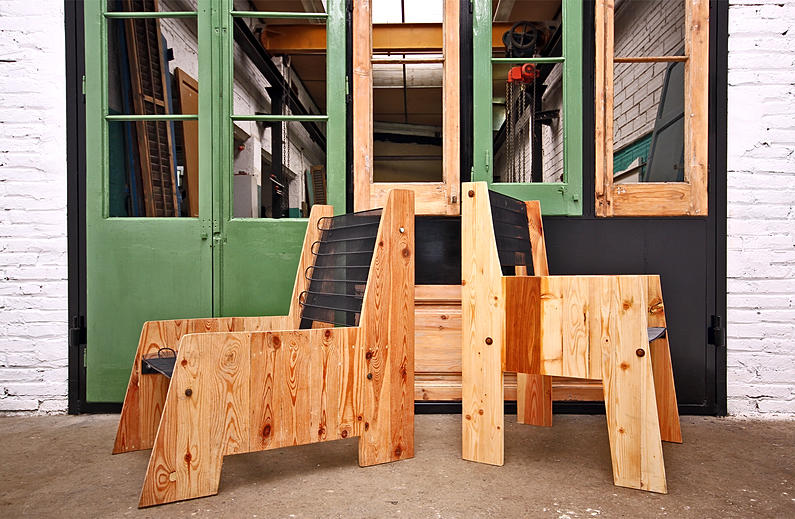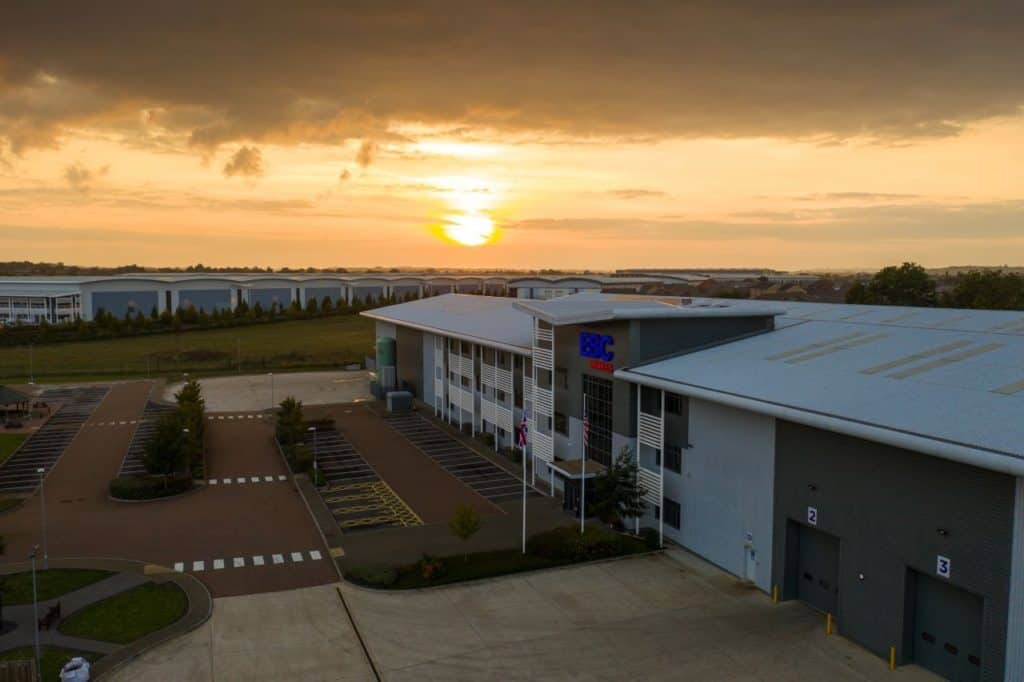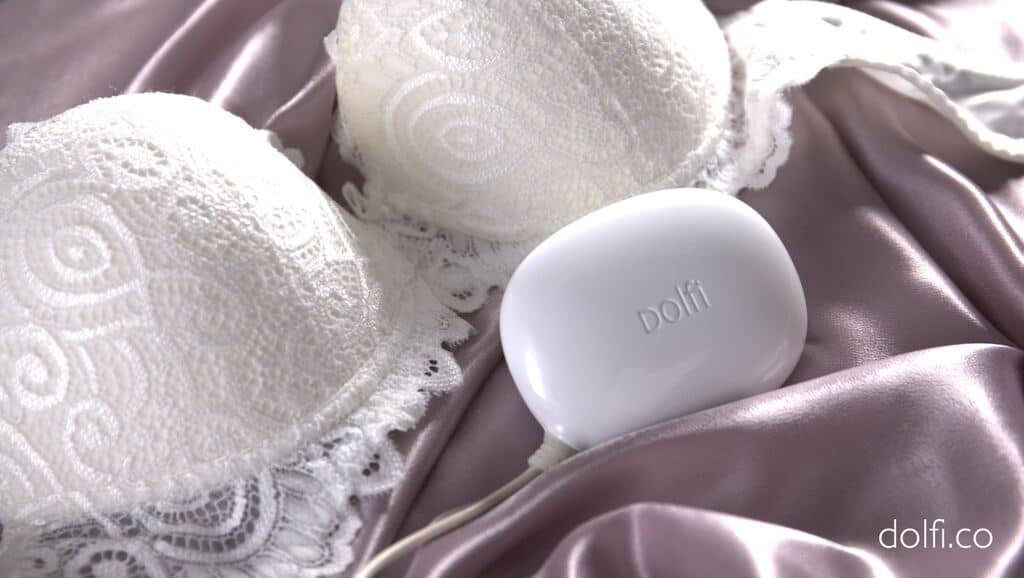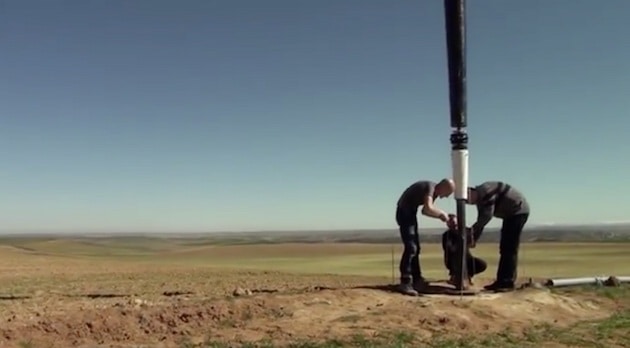We here at Plastic Expert are thrilled to share this interview with you…
Hello! Would you like to introduce yourself and Transfodesign?
Transfodesign is a creative studio of three multidisciplinary individuals that cooperate with a community of customers and partners to create and promote greener and more sustainable design and architecture. Our common belief is that everything can be given a second life by transformation and good design. To us, design is a problem solving tool. Every person is a designer, every product and problem can be either defined or solved by design approach. In our work we couple design with the already established Cradle-to-cradle framework and the 3Rs (reduce, reuse and recycle) concept, to transform used goods into usable designed furniture and homeware. And we don’t stop there, we continuously explore these methods in an attempt to extend further their application in architecture, landscape design, urban interventions, industrial design, production etc.
Nada Tozija, our founder, is the architect and designer, Faku Uzal is our main maker and manages the production, while Neda Tozija is taking care all the business aspects of our operation.
How old is Transfodesign and what can you tell us about the history?
It all started with our founder Nada Tozija Uzal, back in 2009, when she started exploring the terms ‘transformation’, ‘recycling’, ‘upcycling’ and ‘reuse in design’ by speaking on various events such as Pecha-Kucha Nights or by participating in open calls with experimental projects. Soon enough this exploration turned into real passion, and thus Transfodesign was born. The name really is derived from the principles we follow in our work:
- create design through transformation (residues, obsolete objects, natural elements, construction debris) and;
- transform through design (people, work spaces, lifestyles, conscience, policies, societies, urban settlements).
To promote this motto we regularly participate in events and fairs such as Pecha-Kucha Nights, Mixer in Serbia, Valencia Disseny Week, Barcelona Design Festival and The Brandery. From 2010 we started our workshops on creative reuse of materials and waste, and so far had the pleasure to work with ELISAVA, MakeaTuVida, DrapArt, Casal de Joves Calassanç, Estudio SEED, iRoom, WWF, Impact Hub Athens, Betahaus Barcelona and Heineken Spain among others.
In 2011 we started our initiative that promotes design with reuse and upcycling, Trash Investigation Series. This is an annual event, traditionally part of Barcelona Design Festival. Up to date we have organized three events: Trashkitchens in 2011, Trashcars in 2012 and Trashboarding in 2013.
In December 2011, Transfodesign celebrated 2.5 years of its successful existence with the release of a line of upcycled furniture and home-ware products presented at our Transfoshop showroom.
Our efforts to introduce environmental awareness in the society do not end here. Since the start of 2015 our main focus has been to open the the first in the world Center for Trash Investigation, TransfoLAB BCN! A 300m2 space dedicated to design, innovation, creation and experimentation with waste!
Let’s go through the process. Where do you source the materials from to make the value designer items?
Everywhere. Literally. Trash bins, the street, friends’ houses, second hand markets, flea markets, recycling centers, warehouses etc. When our refrigerator broke and couldn’t be fixed, we made the Menage a Trois sofa out of it. Or when we ended up with several bicycle wheels from another project, we turned them all into Hawaii Lamps. Every new project is a new challenge, every object we come across is a source of ideas and excitement. If you give any used object a chance, everything can be a source of great material and ideas. You just need to have an open mind and an open heart.
Once the materials are collected, who is working with them?
Well we are! All production is led by Faku, while the rest of us support him where needed. In addition, we usually cooperate with other makers and freelancers depending on the scale and type of our running projects.
Do you sit down as a group and shout out suggestions for what the material can best be used for? Or do you have a design you need to make and you discuss which recycled materials work best?
It can go both ways. We have a “library of upcycled materials” as we like to call it, which is basically a collection on interesting waste we have come across and we often use it as a source of ideas. What we love the most is finding a piece of “trash” and making something totally awesome out of it. It’s very rewarding to know that you have not only saved something from the landfill, but also brought something beautiful and useful to the world. The whole creation process is the best part of our job; discovering a new function to something “broken”, adding good design on top of it, producing the new object and finally seeing it out there, in someones home, garden, shop, restaurant. We love it!
But sometimes, when we need to build something specifically, it goes the other way around. In that case we decide what “materials” would work best and then go out to “hunt” for the needed waste.
Once a reclaimed piece is completed, how do you go about selling it? Is there a market for this kind of thing?
We mainly sell online, either through our Transfoshop or through online marketplaces such as Kuttlefish, Nigel’s Eco Marketplace, Greenpicks… Currently we are looking for other stores both online and brick-and-mortar that would be interested in distributing our products.
What about redesigning home or office spaces, how does this work? Is it a long and hard process?
The process is the same as for any other studio, with the difference that we source our materials from waste. So we first gather our customers needs and inspect the space, then a design proposal is created, which after a few rounds of reviews and approvals goes into execution and delivery. We did have a few hiccups in the past, either because we could not find the exact material we proposed or because the execution was more difficult than estimated, but over time and with experience we have fine tuned our operation to the point that now all this runs seamlessly.
What are your feelings about landfills and the way people casually send waste there?
We have reached a point where we need to think of how to reduce what goes to the landfills. Instead of being the only way of disposing of unwanted objects, as it is in many societies today, it should be the last resort after all other options have been eliminated. Before anything reaches the landfills it should be examined if it can be repaired, donated, turned into compost, recycled, reused, upcycled, re-sold etc.
Tell us about the workshops you hold, have they been a success?
They have been a success so far in the sense that whenever and where-ever we hold one, people always show up and are eager to learn. Great stuff have come out of these workshops. However it’s not possible to measure if they left any lasting influence on the participants, but we believe it’s a step forward if even one person changed in some way their attitude towards waste, recycling and reuse.
We believe that everything should have a second life, even if it cannot be recycled by machinery. There are many ways to repurpose. How much do you agree with us?
Given that we have based our whole organization around this concept, I would say that we are quite firm believers!
What are some of the greatest challenges you have faced along the way?
One recurring challenge, especially in places where reuse and upcycling is not so known, is to convince (some) customers that our work is just as good, if not better, than it would have been if made from virgin materials.
Do you have a favourite item or project that Transfodesign has worked with?
We love all of our projects and designs. Still, we can say we have been the proudest of our fridge sofas, Menage a trois and Chill it! We managed to upcycle an object that cannot be 100% recycled into a really funky usable item.
What materials do you find are the best to work with?
We believe that waste is the best material to work with. And we especially love reclaimed wood from construction sites typically used for scaffolding or cement moulds.
Do you think there is a solution to the waste crisis?
It seems that we need to redefine why we purchase. The marketeers have convinced us that if we purchase more we will somehow become happier, healthier, prettier and more successful. And we need to get disenchanted from this promise. If we become more responsible consumers, then the companies will have to become more responsible producers. And then there will be less stuff produced every day, leading to more responsible use of what is available, and in return less waste to the landfills.
Is there anything else you’d like to share?
There are many creative people out there with great ideas, so why not visiting sites such as https://www.recyclart.org/ or https://www.upcyclepost.com/ to find ideas, inspiration or awesome work. And of course our website at https://transfodesign.info.















